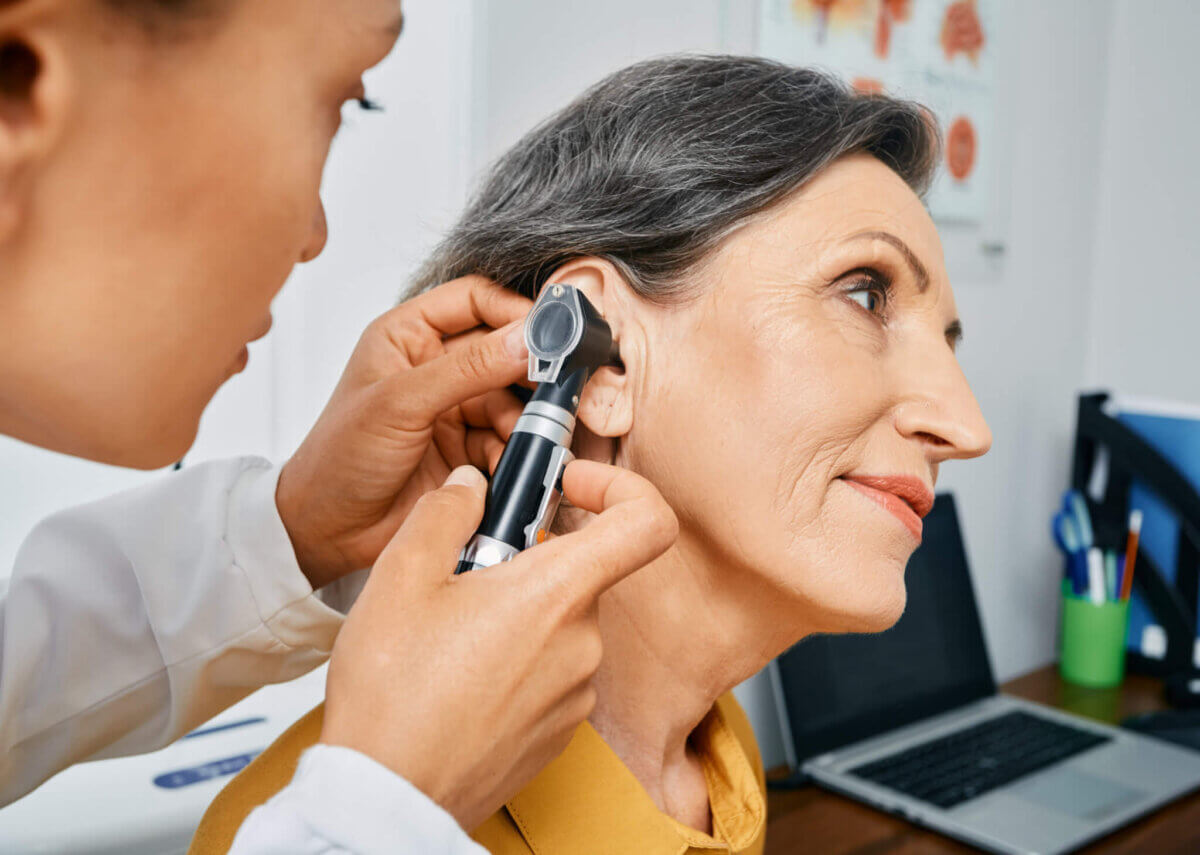SAN DIEGO — Hearing loss has a long connection to an increased risk of dementia, although the link between the two has baffled scientists for years. Now, a new study may finally have an answer. When you lose this key sense, your brain works harder to detect sound. Researchers have discovered that these subtle brain changes appear to contribute to dementia onset.
Using a mix of hearing tests and MRI scans of the brain, scientists in California have detected several brain regions affected by hearing impairment. Amongst the changes are microstructural differences in the auditory areas of the temporal lobe and areas of the frontal cortex in charge of speech and language processing.
Additionally, the team found changes in areas of the frontal cortex involved with executive functioning — the ability to perform complex cognitive tasks such as planning, paying attention, and multitasking.
“These results suggest that hearing impairment may lead to changes in brain areas related to processing of sounds, as well as in areas of the brain that are related to attention. The extra effort involved with trying to understand sounds may produce changes in the brain that lead to increased risk of dementia,” says principal investigator Linda McEvoy, a professor at the University of California-San Diego and senior investigator at the Kaiser Permanente Washington Health Research Institute, in a media release.

A better understanding of how hearing loss impacts the brain will help with delivering interventions early on to protect the brain from developing dementia in the future. More specifically, the interventions would involve reducing the cognitive effort needed to understand speech. This can range from promoting the use of subtitles for television and movies, applying live captioning or speech-to-text apps, hearing aids, and visiting people in quiet areas.
To get a full picture of hearing loss-induced brain changes, McEvoy and her collaborators conducted hearing tests on 130 people who were hard of hearing. The tests took place between 2003 and 2005, with the cohort undergoing MRI scans between 2014 and 2016. The most striking finding was changes in the brain related to sensory deprivation and the extra effort needed to hear.
“The findings emphasize the importance of protecting one’s hearing by avoiding prolonged exposure to loud sounds, wearing hearing protection when using loud tools and reducing the use of ototoxic medications,” adds study co-author Emilie Reas, an assistant professor at the University of California San Diego School of Medicine.
The study is published in the Journal of Alzheimer’s Disease.
You might also be interested in:
- Best OTC Hearing Aids In 2023: Top 4 Devices Most Recommended By Audiology Experts
- Losing your hearing? Wearing a hearing aid could save you from dementia
- No, the human brain cannot ‘rewire’ itself, surprising study explains

